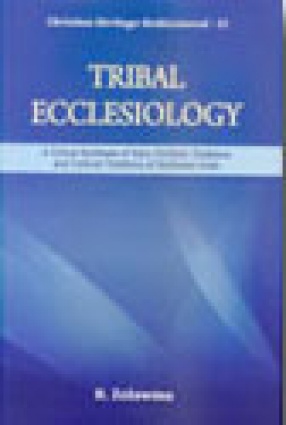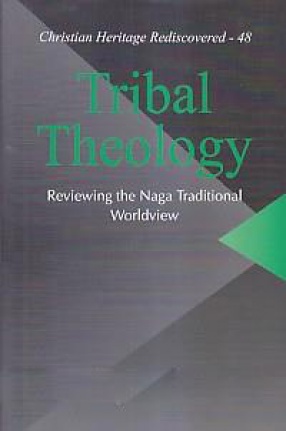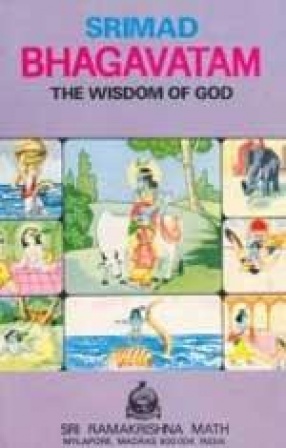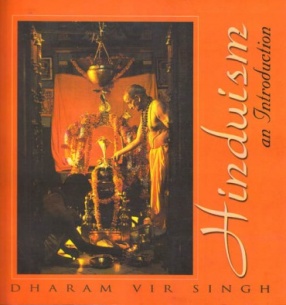The book is an outcome of exploration of two great traditions – the early Christian traditions and Cultural traditions of Northeast India with a special reference to Mizo society. The author argued that the church is not just an institution characterized by rituals and dogmas alone but, the "church is a called out community" doing God’s mission. Having in-depth research, the author argued that the uncritical acceptance of ecclesiology that these tribal churches are inheriting from the Western church traditions has resulted in the proliferation of tribal people in line with different denominations. Also, uncritical rejection of the local cultural traditions has contributed to the superficial character of the church which failed to respond to peoples’ problems. Keeping the twin problems in view, the author sought to construct a contextual ecclesiology for tribal Christians, based on the early Christian traditions and Tribal cultural traditions, by adopting a critical synthesis method.
This contextual ecclesiology will draw resources from both, the early Christian traditions and Tribal cultural traditions. This new ecclesiology grounded on the teachings of the Bible is termed as Zawlbuk model of ecclesiology. The author asserts that the tribal churches should follow this model so as to give them a new identity: as a communion of the local Christian community; as an egalitarian community; and as a community of sharing and service.
This landmark research done for the betterment of tribal people critically analyses the past and present ecclesiology and sketches a blueprint for their future course of action.







There are no reviews yet.